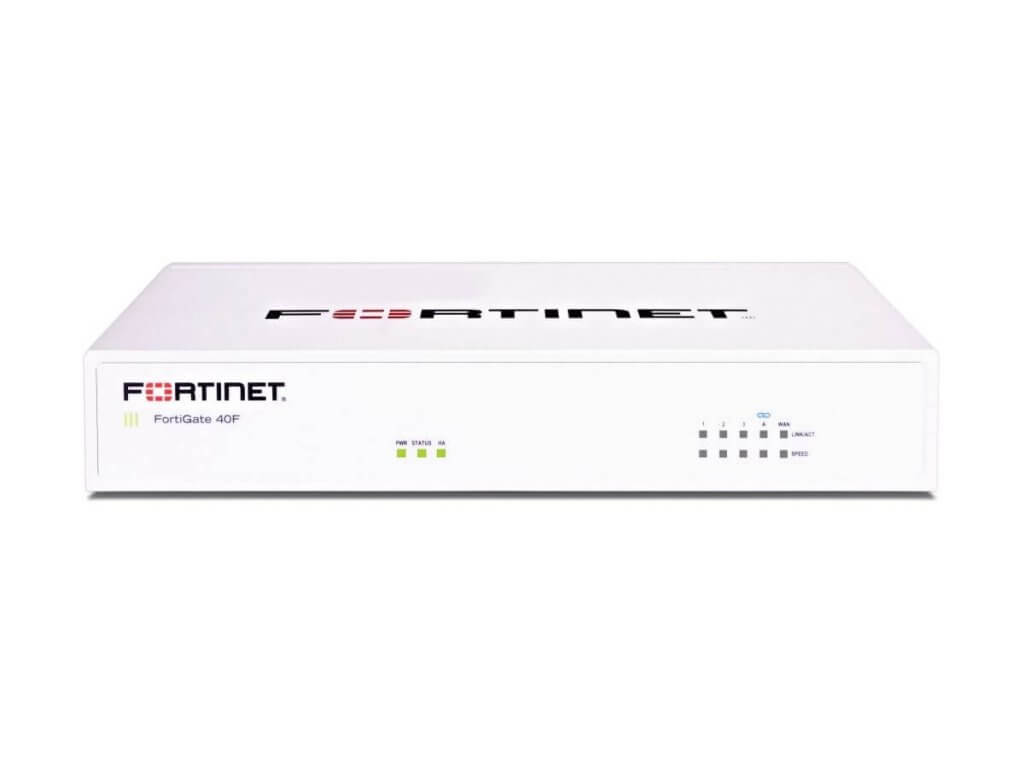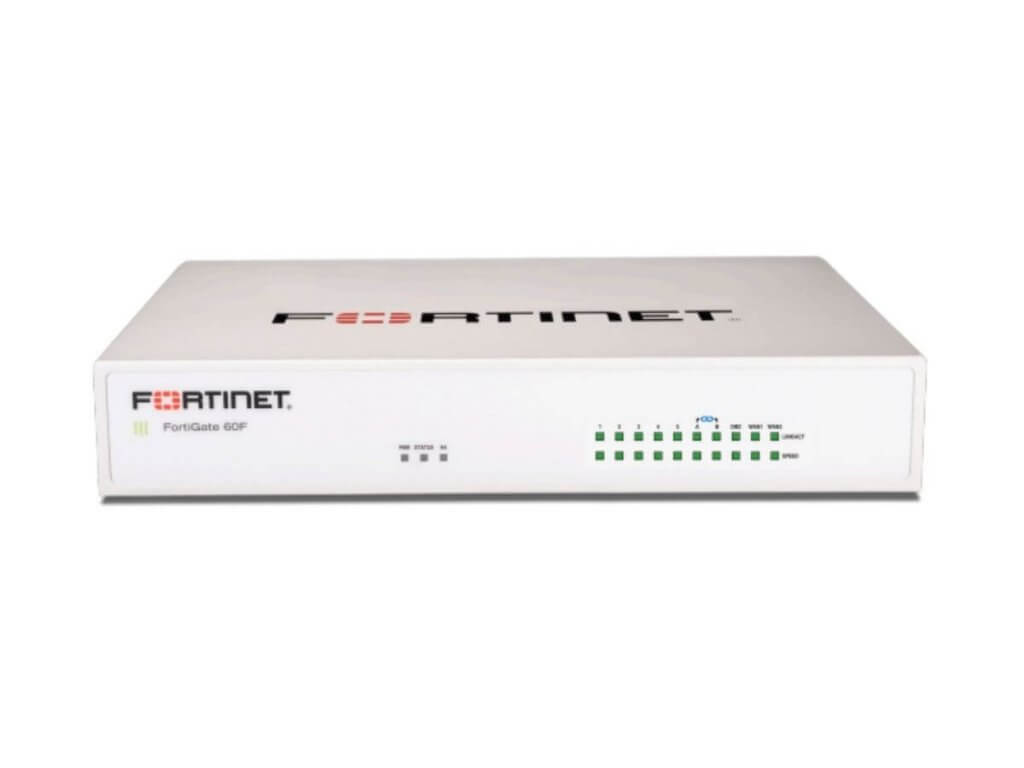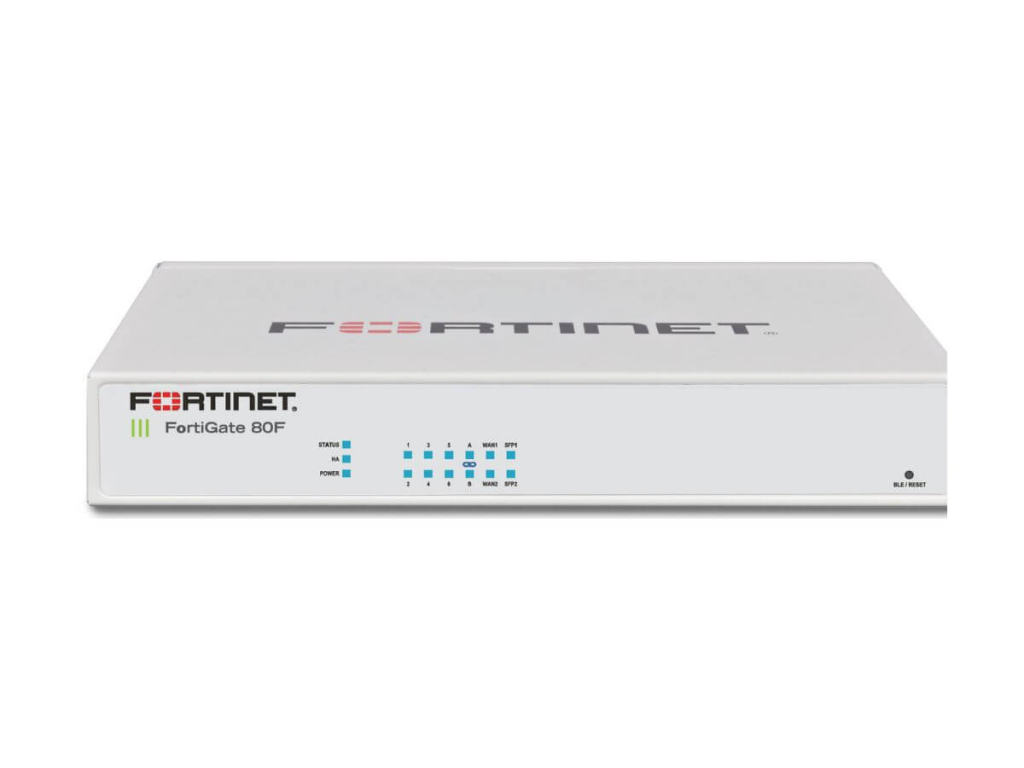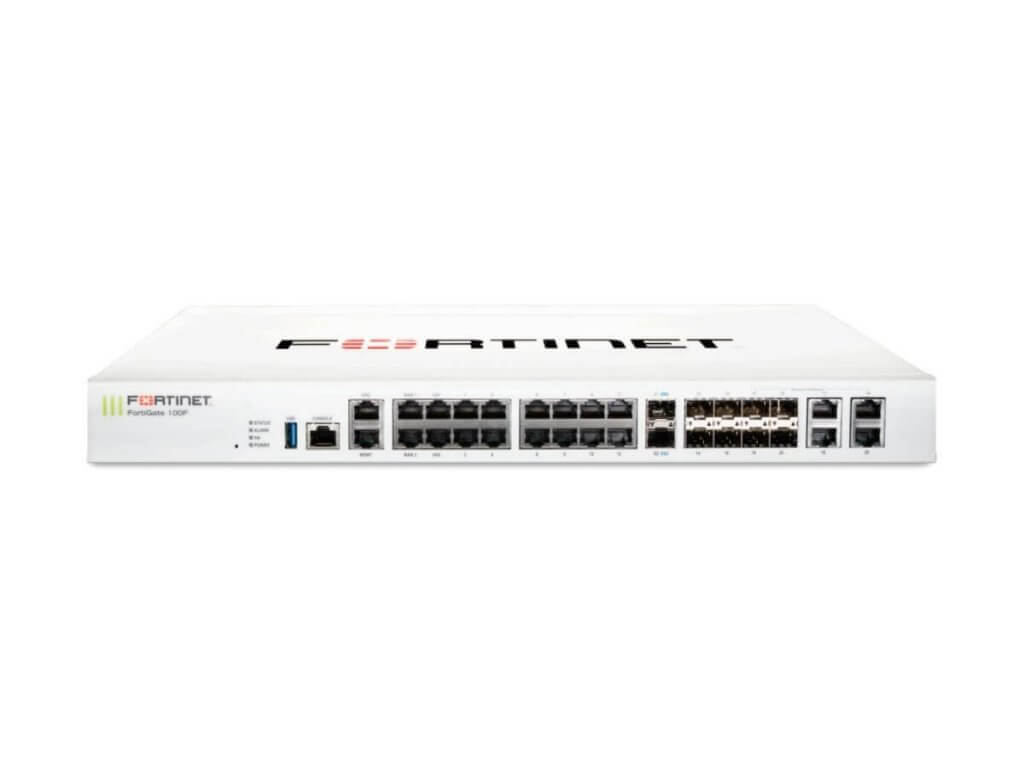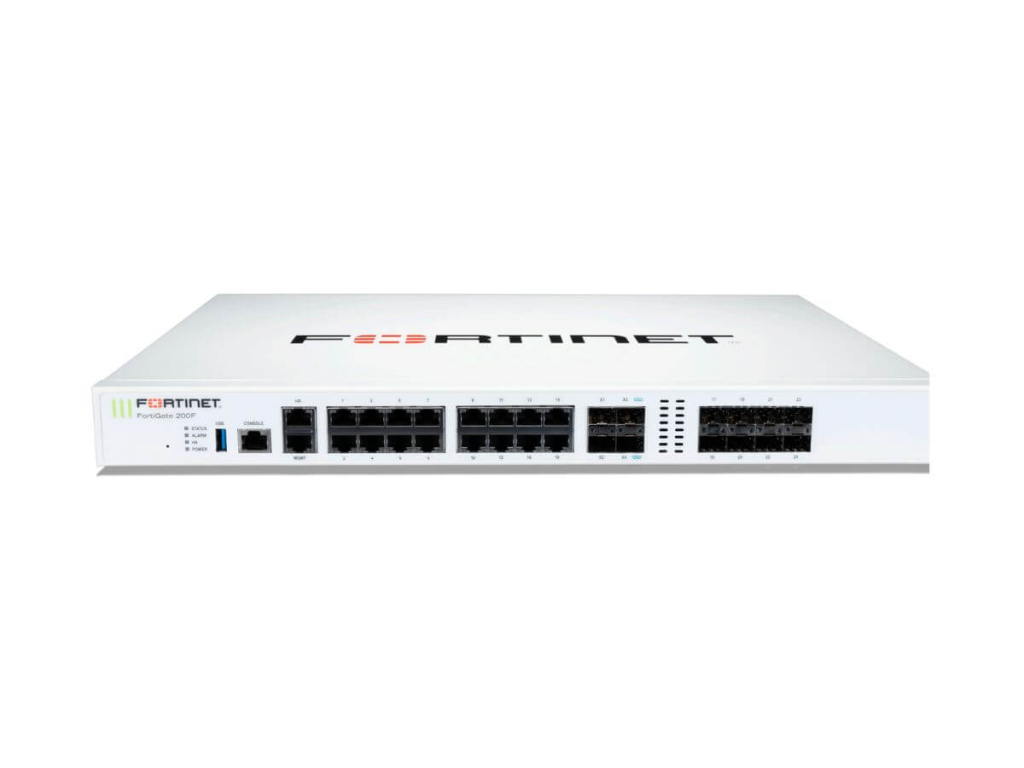As cyber threats grow in scale and sophistication, relying on basic security measures is no longer enough. Hardware firewalls have become essential tools for businesses and individuals looking to defend their networks at the perimeter. In this guide, we will explore what hardware firewalls are, understand how hardware firewalls work, and why they have become a cornerstone of modern cybersecurity strategies.
What is a Hardware Firewall?
A hardware firewall is a physical device that stands between your internal network and the Internet. Acting as a first line of defense, it filters incoming and outgoing traffic based on predefined rules, blocking unauthorized access while allowing safe data through. Unlike software firewalls, which run on individual machines, hardware firewalls protect your entire network from a single central point.
How Does a Hardware Firewall Work?
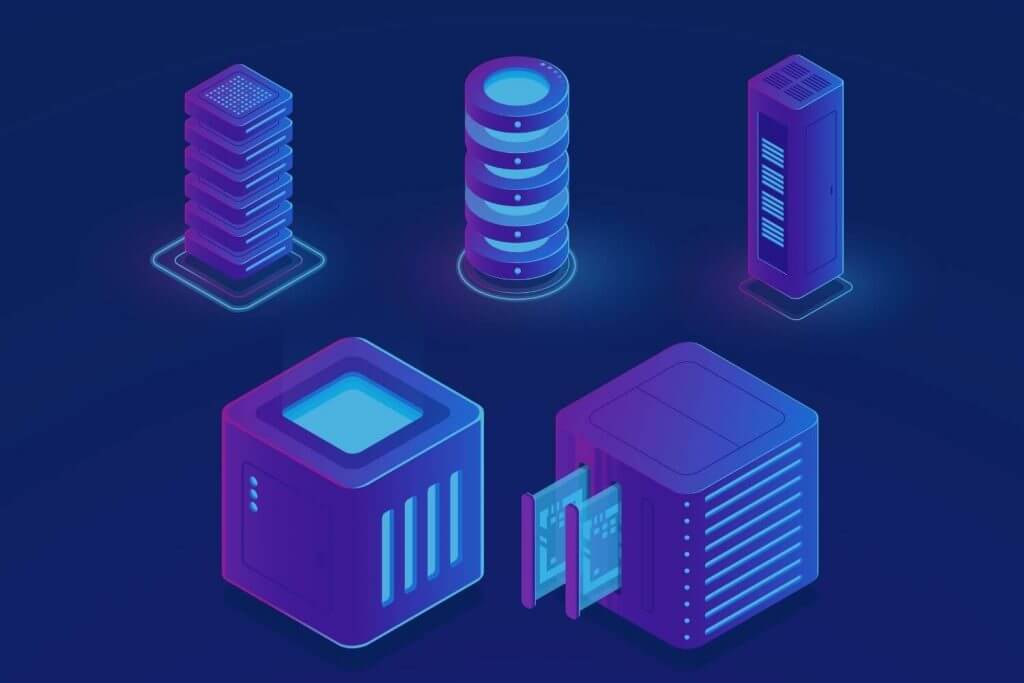
A hardware firewall is designed to protect an organization’s network by enforcing a boundary between trusted and untrusted networks. It is located directly behind the router and can be configured to analyze traffic and filter specific threats when it passes through the device. It acts like a digital filter to purify the traffic that goes into the computer network.
Normally, a user would connect a network cable directly to a computer or server. But with a hardware firewall, the cable is connected to a physical firewall device first. This allows the hardware firewall to serve as a protective barrier between the internet and the server.
A hardware firewall offers some advantages:
- Control the incoming traffic entering your server.
- Apply specific rules for all traffic.
- Free up server resources such as memory and processing power.
The simplest form of firewall is a packet filter. When traffic enters a firewall network, it undergoes a security audit, and various permissions are sometimes applied to it. The firewall uses the information the traffic carries, such as source and location, to decide whether the traffic can harm the system.
Modern hardware firewalls can check both inbound and outbound traffic. Although it blocks certain traffic from entering the network, it also prevents specific types of traffic from leaving the network using the same filtering mechanism. This also prevents the computer network from being exposed to hacks, leaks, and exploitation of other computers as well.
Why Do You Need a Hardware Firewall?
A hardware firewall functions as a dedicated device positioned between your network and the Internet. Its primary role involves continuously monitoring and filtering all incoming and outgoing network traffic, effectively blocking any traffic that is identified as malicious or undesirable.
Here’s why you need one:
- Network Security: The primary function of a hardware firewall is to safeguard your network against unauthorized access. It can be configured to block traffic from specific IP addresses, ports, or applications, effectively preventing intrusions and ensuring your data stays secure.
- Malware and Virus Protection: Hardware firewalls serve as a first line of defense, blocking malware and viruses before they can reach your internal systems. This helps protect the integrity of your devices and network.
- Traffic Management: These devices allow you to control the type and volume of traffic entering and leaving your network. This capability supports bandwidth optimization, prioritization of critical data, and restriction of unwanted or harmful activity.
- Superior Performance and Reliability: Built to handle large volumes of traffic with low latency, hardware firewalls provide stable, high-speed connectivity, essential for businesses with high network demands.
- Unified Security Policy Enforcement: IT teams can implement consistent security policies across the entire network. Centralized management minimizes security gaps and simplifies compliance with internal and external regulations.
- Versatility and Scalability: As your network grows, modern hardware firewalls can scale with it, offering modular upgrades and supporting remote locations or cloud integrations without compromising security.
Why Is a Hardware Firewall Better than a Software Firewall?
| Aspect | Hardware Firewall | Software Firewall |
| Performance | Purpose-built for managing large network traffic efficiently. | May reduce device performance due to resource usage. |
| Security | Harder to bypass as it operates independently from the host system. | More vulnerable to being disabled or misconfigured on the host device. |
| Management | Centralized, allowing for simpler configuration and updates across the network. | Requires separate setup and maintenance on each device. |
| Feature Set | Often includes advanced features such as intrusion detection, VPN support, and content filtering. | Limited features compared to hardware firewalls, typically focused on basic tasks. |
Key Features of Hardware Firewalls
To keep your network secure and running efficiently, hardware firewalls like Fortinet’s FortiGate series deliver a powerful suite of features designed to detect, block, and respond to modern cyber threats with precision and speed:
- Advanced Threat Protection
Offers a multi-layered defence using tools like web filtering, antivirus, and application control, all working together to guard against malware, ransomware, and deceptive attacks without compromising network speed. - Automated Risk Evaluation
It relieves your IT team’s workload by using built-in automation for audits, policy enforcement, and threat responses, helping maintain strong security standards with less manual effort. - Real-Time Threat Intelligence
Backed by FortiGuard Labs, FortiGate receives constant threat updates to protect your network from familiar risks and zero-day attacks, keeping you one step ahead. - Centralised Security Management
Gives you full visibility and control of your security environment, whether you’re managing systems on-site or across remote locations, all from a single, unified console. - Application-Centric Protection
It secures your most sensitive workloads with low-latency segmentation and high scalability, ideal for environments that demand speed and reliability. - Integrated Security Fabric
Links security tools across your entire infrastructure, including endpoints, networks, and cloud, to ensure rapid, automated threat response and streamlined operations. - Security Posture Benchmarking
Delivers ongoing insights into your firewall’s effectiveness with built-in best practice ratings, helping you identify gaps and continuously strengthen your defence strategy.
Fortinet: Hardware Firewall Network Security Solutions
There are various ranges of firewall devices to choose from, depending on the specific requirements you have. But Fortinet hardware firewall is the best of all.
Fortinet’s hardware firewall caters to SMBs, big organizations, and service providers alike, offering a high-performing NGFW device with built-in SD-WAN capability. It is also encrypted with IPSEC tunnels and various other deployment options. The Fortinet core features are:
- IT security inspection and offloading of both encryption and decryption are accelerated
- Next-gen synergistic processing unit processors power it for high speed
- It processes high-volume data packets with an extraordinarily low tolerance for delay.
- Forcible prevention based on irregularity checks
- It consolidates and controls the ecosystem.
Fortinet’s unique selling proposition is the security fabric. It protects zero-trust network access, cloud security, and AI-driven detection.
Which Hardware Firewall Is Right for You?
Choosing the right hardware firewall depends on your network size, security needs, and future scalability. Fortinet offers a range of FortiGate Next-Generation Firewalls (NGFWs), each designed to meet the needs of different businesses, from small offices to large enterprises.
Get Secure with Hardware Firewall from Fortinet
Fortinet’s NGFW integrates SD-WAN networking and security into a single device. It boosts multi-cloud performance by ensuring reliable access to all cloud-based applications. The SD-WAN is centrally managed via a unified console, offering full visibility and control across the entire network.
It offers both networking and security in a single solution at a more affordable rate. The Fortinet SD-WAN enables enterprises to move beyond outdated MPLS services and direct internet access, providing a more comprehensive network solution across their networks.
Protect your valuable digital assets now with Spectrum Edge, a reliable hardware firewall provider offering top-notch security solutions tailored to your specific needs. Act swiftly and secure your boundaries today, as the cost of inaction in this digital age would be far too great.
